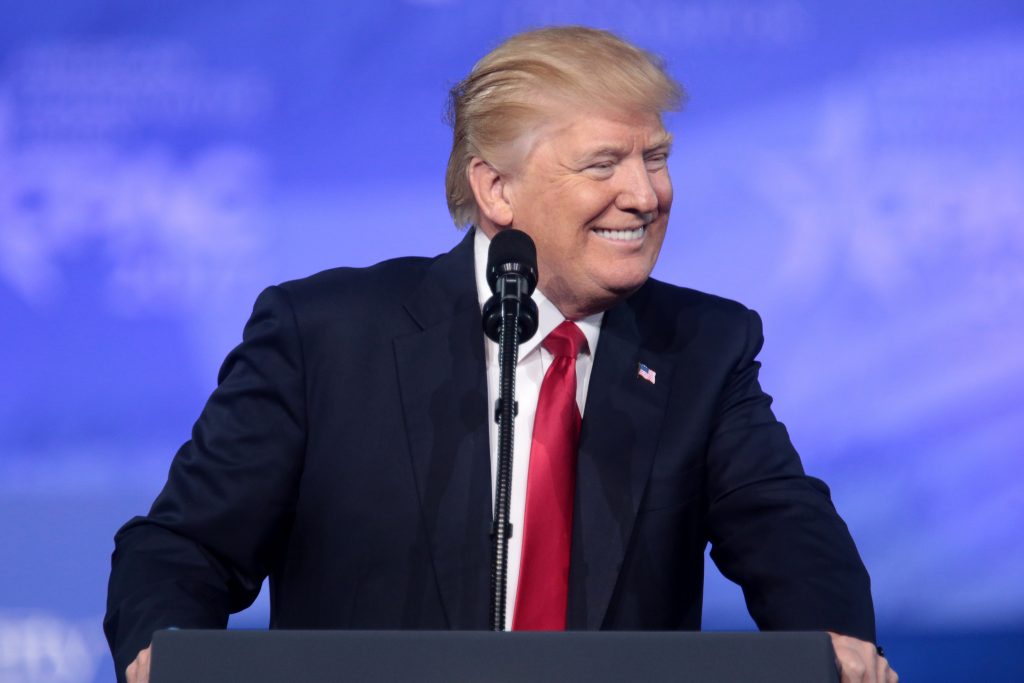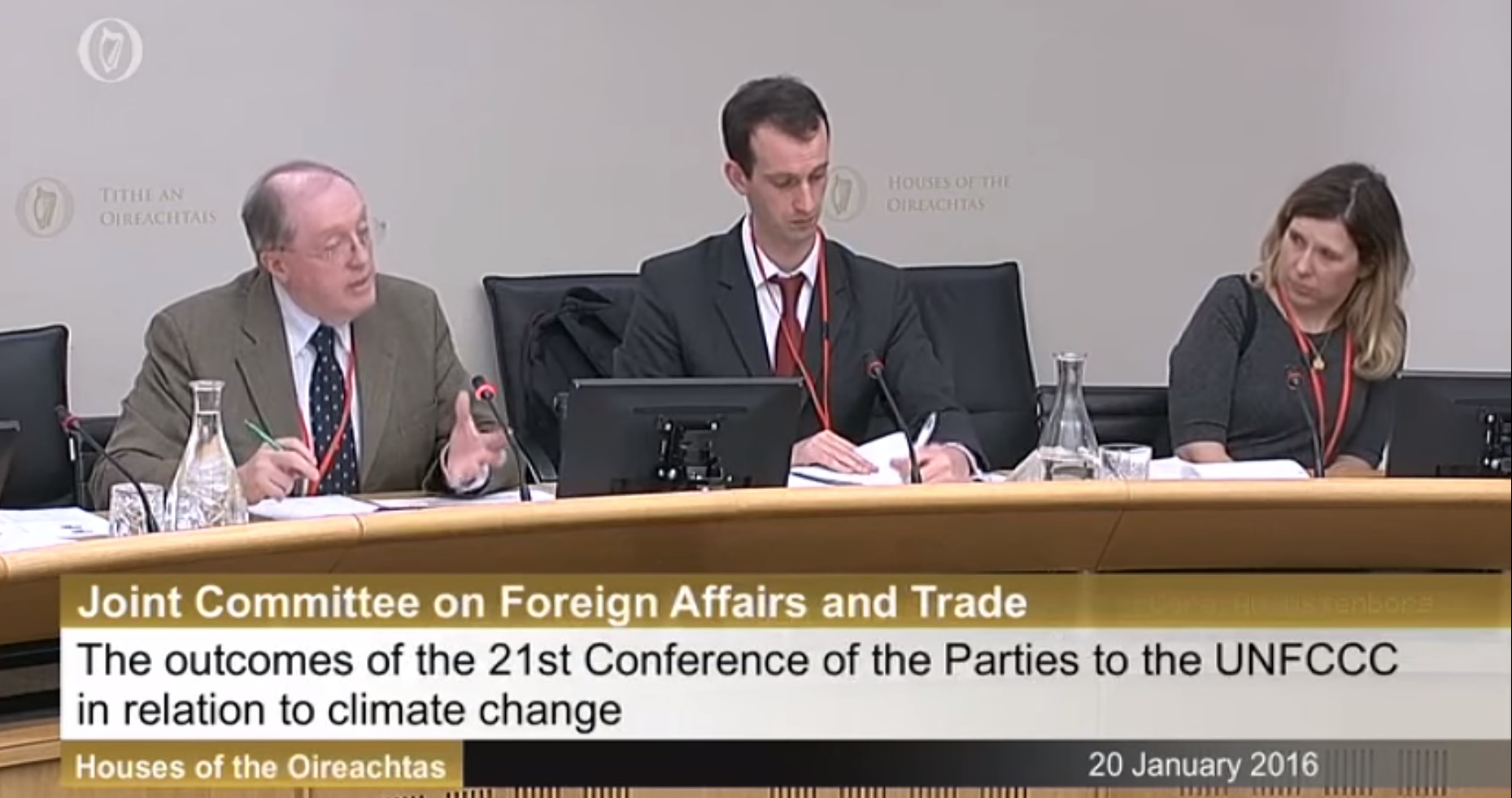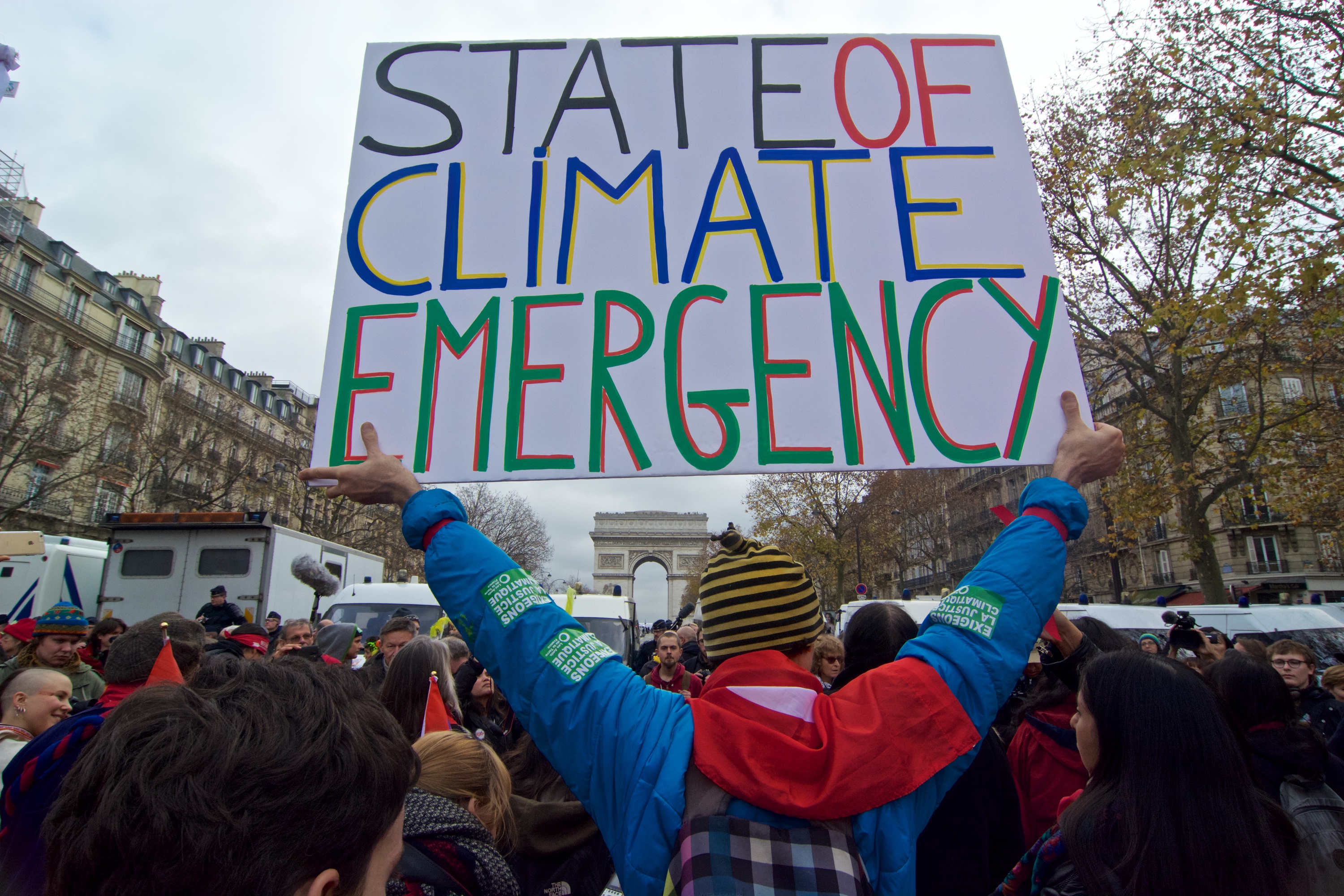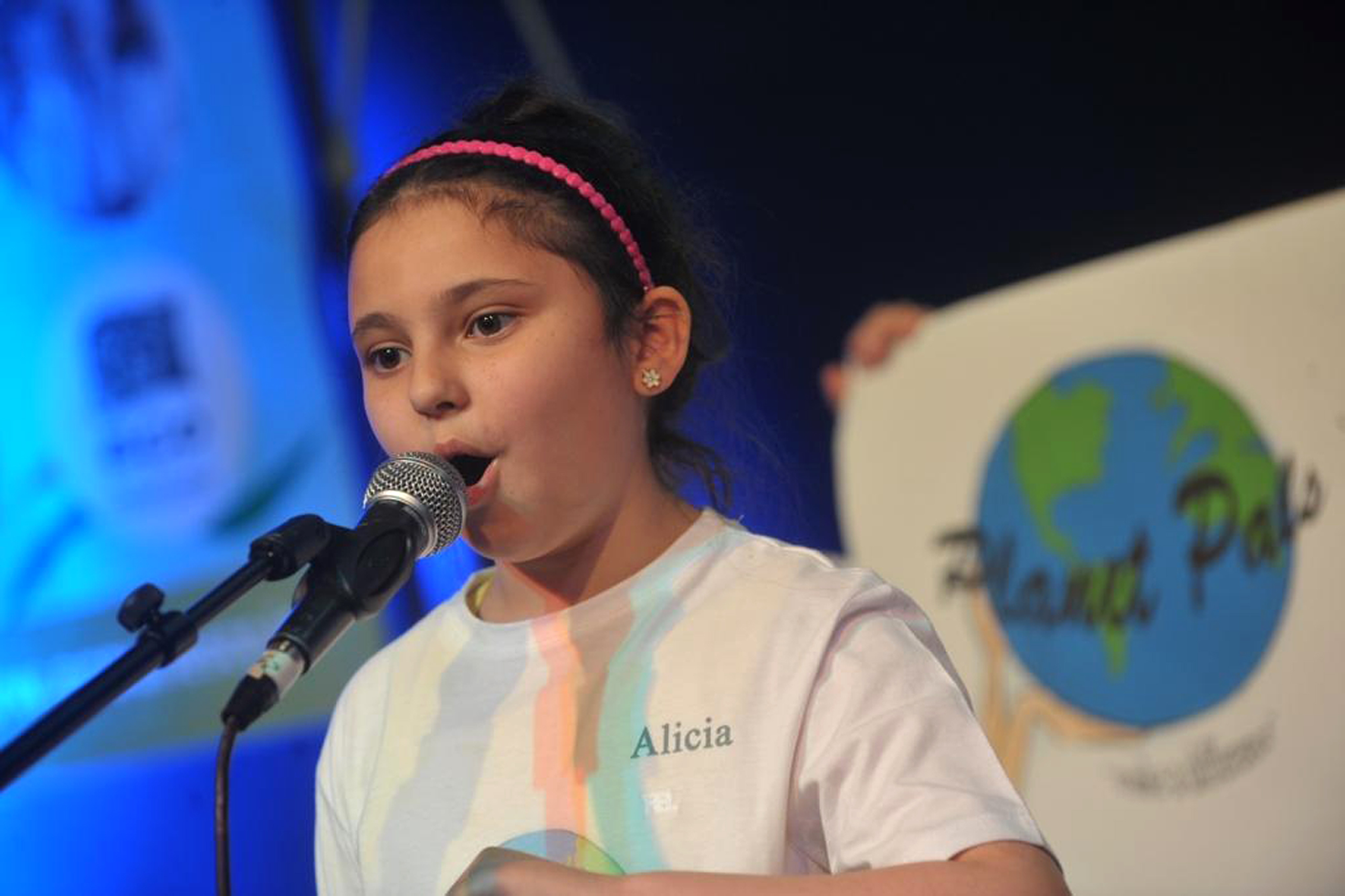The Climate Cases: Generation Z makes its voice heard

February 6th, 2018
After covering the success of the Urgenda case, and the ongoing Swiss Grannies battle with their Government, we now take a look at how a group of young Americans is challenging the Government of the United States to bring in policies to tackle climate change.
In 2015, a group of 21 kids – from as young as eight and up to the age of 19 years – were growing weary of the continued exploitation of fossil resources by their country, the United States of America.
So, like any youngsters would do (or not…), they filed a constitutional lawsuit together with the NGO Earth Guardians to sue the US Federal Government through the now famous Juliana v. US case. The 21 also have the support of another NGO Our Children’s Trust.
The lawsuit demands that the US Government adopts a national plan that will lead to a drop in atmospheric concentrations of CO2 to the recommended safe levels of 350 parts per million (ppm) by 2100. This level is currently above 403 ppm, according to the World Meteorological Organisation (WMO).
The lawsuit argues that despite acknowledging the role of CO2 in causing climate change as far back as the 1960s, the US government has since failed to implement policies to adequately reduce emissions levels. The 21 plaintiffs argue that not only did the US fail to install proper measures to fight climate change, but have made things worse by promoting the fossil fuel industry.
“Defendants deliberately allowed atmospheric CO2 concentrations to escalate to levels unprecedented in human history, resulting in a dangerous destabilizing climate system for our country,” reads the constitutional climate lawsuit filed in the Oregon U.S. District Court.
Right to life and liberty
With the effects of climate change already evident in the US – from droughts and wildfires in the West, storms in the South, and flooding in coastal regions – the young plaintiffs argue that their generation’s constitutional right to life and liberty is under threat.
“If the Government continues to delay urgent annual emission reductions, my generation’s wellbeing will be inexcusably put at risk,” said Kelsey Juliana, one of the 21 youngsters taking on the State and the eponym of the Juliana v. US case.
Soon after the lawsuit was filed, petroleum companies felt the need to step in, with big players such as the American Fuel and Petrochemical Manufacturers (representing Exxon Mobil, BP, Shell, and Koch Industries) and the American Petroleum Institute (representing 625 oil and natural gas companies) entering the case as defendants in an attempt to have the case dismissed.
However, in November 2016, the court denied motions for dismissal from both the fossil fuel industry and the US Government. “I have no doubt that the right to a climate system capable of sustaining human life is fundamental to a free and ordered society,” Judge Ann Aiken said in her decision.
In June 2017, a judge issued an order releasing the fossil fuel companies from the case at their own request, and set a trial date for February 2018. However, things started to take a turn for the worst last year as Donald Trump entered the game.

President of the United States Donald Trump speaking at the 2017 Conservative Political Action Conference (CPAC) Photo: Gage Skidmore
Enter the Donald
The Trump administration (named as a defendant after President Trump’s inauguration) filed a motion in July 2017 with the Ninth Circuit Court of Appeals for Writ of Mandamus.
This is quite a drastic step, defined by the U.S. Attorneys’ Office as “an extraordinary remedy which should only be used in exceptional circumstances of peculiar emergency or public importance”.
The plaintiffs believe that the Administration’s goal was to get the case dismissed before it could be heard or at the very least to delay the process for as long as possible. This is not surprising from a commander in Chief who has pulled the US out of the Paris Agreement, proposed an increase in oil drilling and recently order two national parks to be reduced in size.
The hearing for the appeal took place in front of the Ninth Circuit Court on 11 December 2017, and the decision is now pending. The young climate defenders remain confident, however, according to one of the plaintiffs, 18-year-old Nathan Baring.
The Alaska native knows that success in the Juliana v. US case would be revolutionary in terms of forcing the US government to put the climate and environment firmly on the policy table. “I believe that the momentum is on our side and it’s time for climate science to have its day in court,” he said.
[x_author title=”About the Author”]






